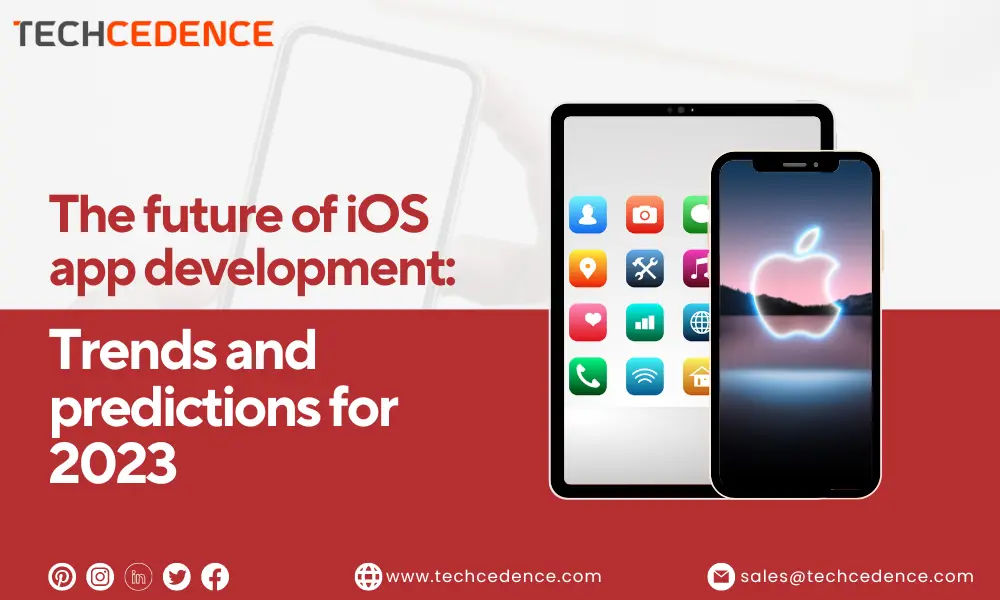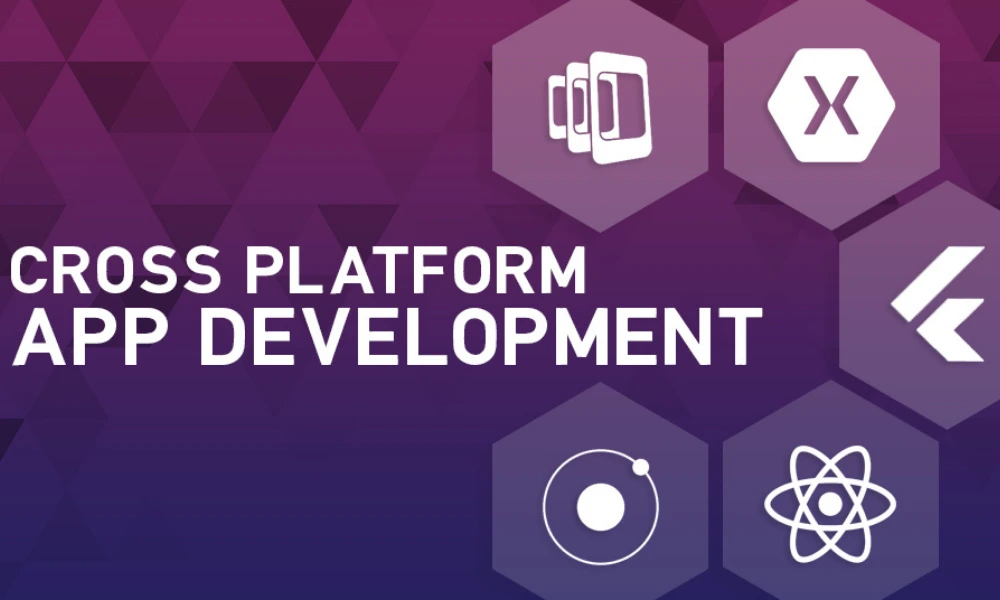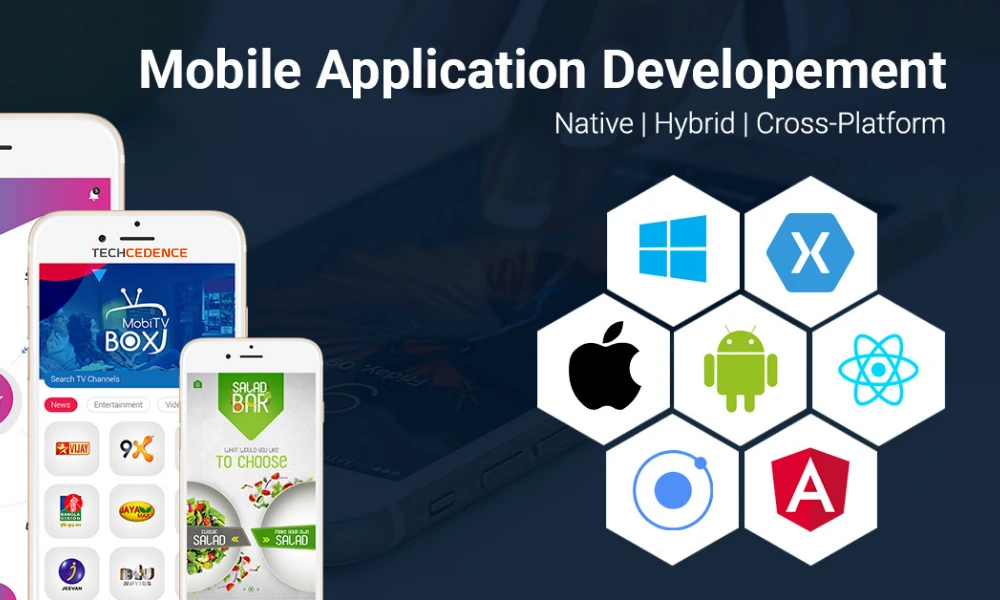In the world of mobile app development, iOS remains one of the most popular platforms. With the release of iOS 15, Apple has added new features and capabilities that will shape the future of iOS app development. In this blog, we will explore some of the trends and predictions for iOS app development in 2023.
1. The Rise of Augmented Reality (AR) and Virtual Reality (VR) Apps
Augmented reality and virtual reality technologies have been gaining momentum over the past few years, and this trend is expected to continue. Apple has been heavily investing in AR and VR technologies, and with the release of ARKit and RealityKit, developers can create immersive AR and VR experiences within their iOS apps. In 2023, we can expect to see more iOS apps that integrate AR and VR to create engaging user experiences.
2. Increased Use of Artificial Intelligence (AI) and Machine Learning (ML)
AI and ML are becoming increasingly important in the development of mobile apps, and this trend is expected to continue. Apple has integrated Core ML, a machine learning framework, into iOS, allowing developers to build intelligent apps that can learn and improve over time. In 2023, we can expect to see more iOS apps that leverage AI and ML to provide personalized user experiences.
3. More Emphasis on App Security and Privacy
With the increasing number of security breaches and privacy violations, app developers are becoming more conscious about the security and privacy of their apps. In 2023, we can expect to see more iOS apps that prioritize security and privacy, including features such as two-factor authentication, encryption, and data protection.
4. Expansion of Wearable Technology
Apple’s wearable technology, such as the Apple Watch, has become increasingly popular over the years. In 2023, we can expect to see more iOS apps that integrate with wearable technology, allowing users to access app features directly from their wrist. This will provide users with more convenience and flexibility in how they interact with their favourite iOS apps.
5. Increased Adoption of Swift Programming Language
Swift has become the preferred programming language for iOS app development. With its ease of use and powerful features, swift app development has helped developers to build high-quality apps quickly and efficiently. In 2023, we can expect to see more iphone application development company’s adapt to and iOS apps developed using Swift, as developers continue to appreciate its simplicity and effectiveness.
Conclusion
In conclusion, the future of iOS app development is exciting, with new technologies and trends shaping the landscape. AR and VR, AI and ML, app security and privacy, wearable technology, and the continued adoption of Swift programming language are all trends that will shape iOS app development and its related trends and predictions for 2023. As a mobile app development company, we at Techcedence moving forward, can expect to see even more innovative and engaging iOS apps that provide users with personalized and immersive experiences. For more details, go to – sales@techcedence.com


